I bought a little puerh through Yahoo Taiwan auctions. I’ve found that there are potentially some cheap bargains to be had there, should one be patient and willing to try. I bought a cake of Yiwu to try, and I asked for a sample to go along with it for another cake the guy sells. This Hongyuan Hao (nothing to do with Longyuan Hao, which is usually crap) is the sample.
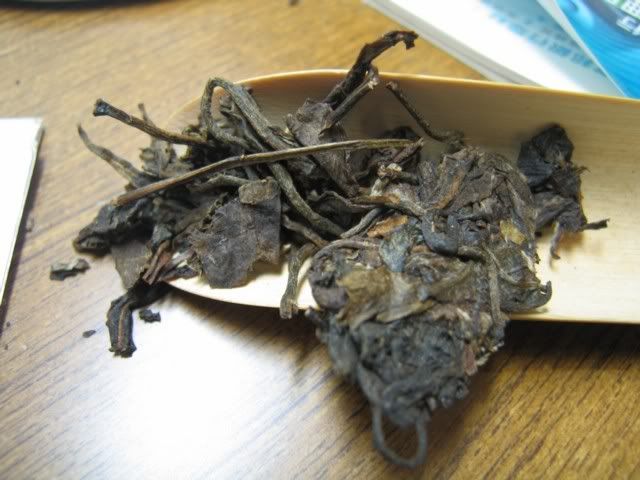
The sample arrived very broken. It’s too bad. I got some real pieces of tea, and commenced brewing. This tea is advertised as old tree puerh, but as we all know, a lot of stuff out there is advertised as such. I usually take this claim with many grains of salt, and I find that most of the stuff out there that claim to be old tree puerh are not. So, I usually don’t go in expecting anything.
This tea smells a little funny in the bag. I didn’t use too much leaves, as throwing the whole sample in would entail having lots and lots of small tiny bits. I didn’t want to do that.
It brews a normal colour for a 2004 tea stored in Taiwan
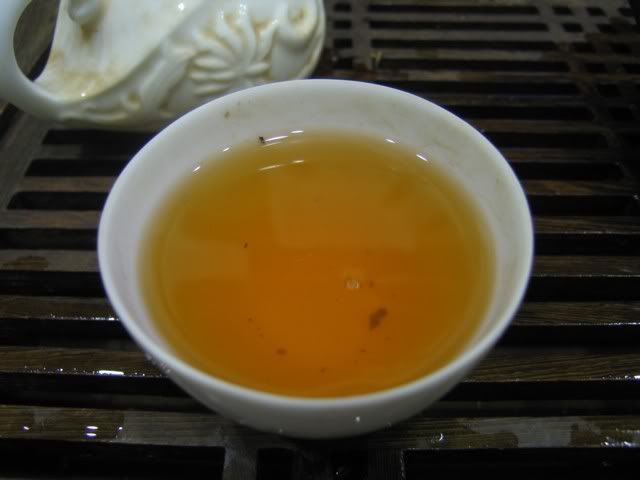
I’m very glad I had the 2003 Menghai tea the other day, because now I have something to compare this tea against. Not having had many young puerh these days, my tongue is a little out of practice. While it’s always easier to pick up the tastebuds to acclimate them to young puerh again, it’s always good to have something to compare it against.
The overall impression of this tea is actually quite favourable. The aromatics are quite full and the tea penetrates the mouth and throat. It seemed weak at first, but strengthens, which is a good sign, especially in the aftertaste department. Yiwu-ish taste. The tea’s quite ok!
Now I am not sure if it’s just because I haven’t had a bunch of young puerh lately, so my tongue feels more inclined to think this is decent tea, but comparing it, say, to the tea I had in the tea store a few days ago, this tea is clearly superior (at a lower price, to boot). I actually bought another Yiwu cake from this guy though, and I haven’t had time to try it, so perhaps comparing these two will be interesting too.
The wet leaves are robust enough, but too much chopped bits from the crushing of the sample during mailing. Oh well.
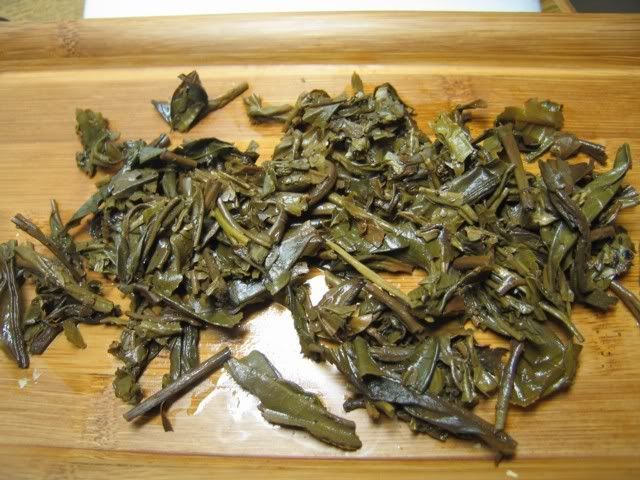
Alas, I am leaving Taiwan soon, so I might not have the ability to arrange everything before I go. It is quite possible that I’ll only end up with this one cake that I bought, as I won’t have time to get anything else from the guy. If the other cake turns out to be good stuff, that’ll be a shame. I wonder if he will ship overseas.

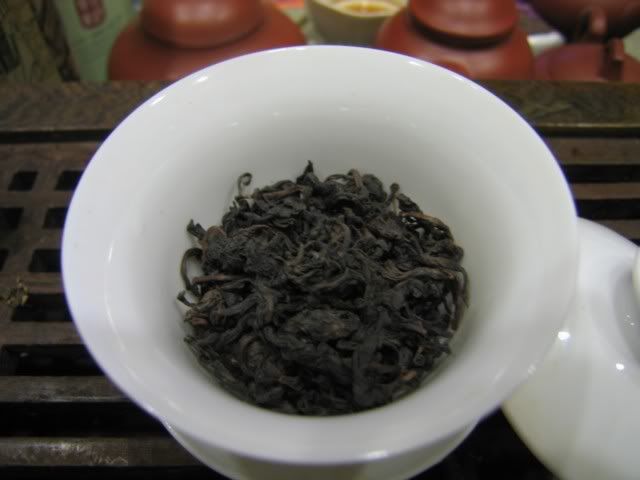
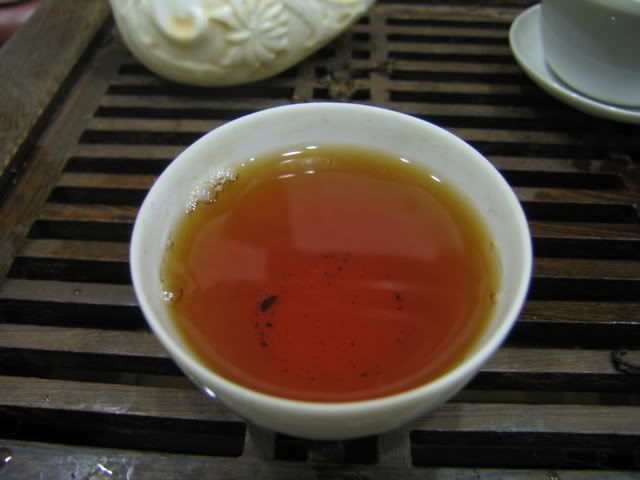
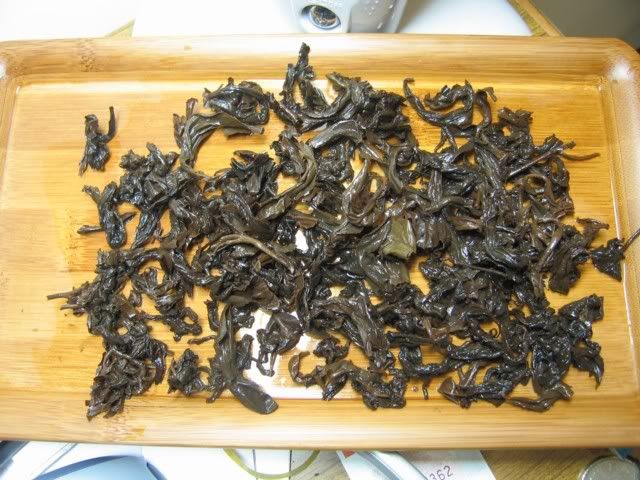



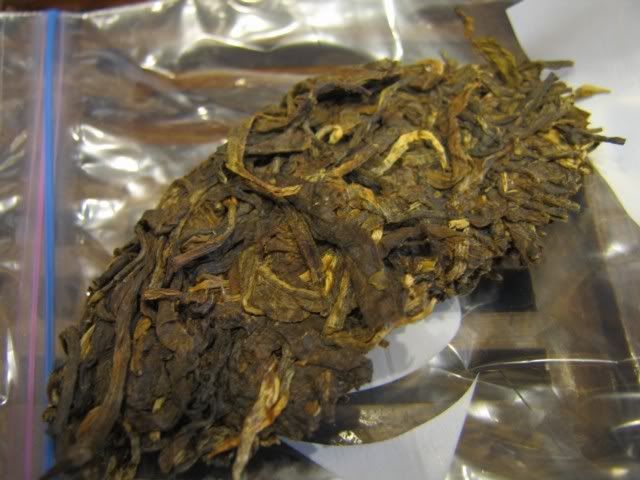
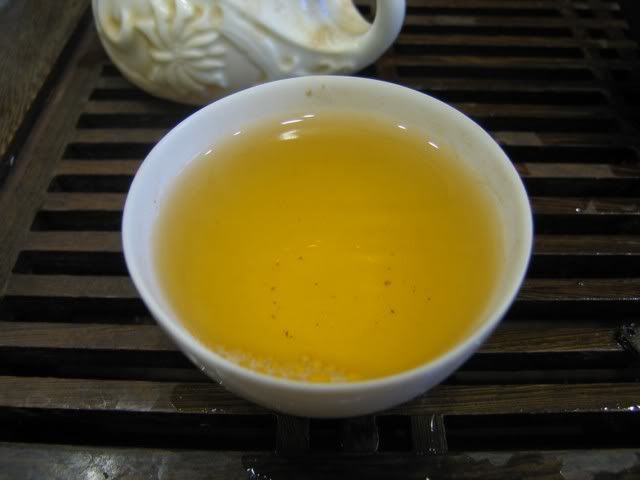
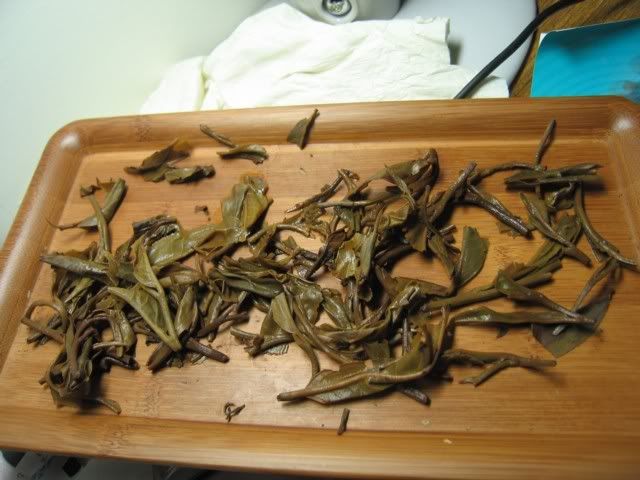
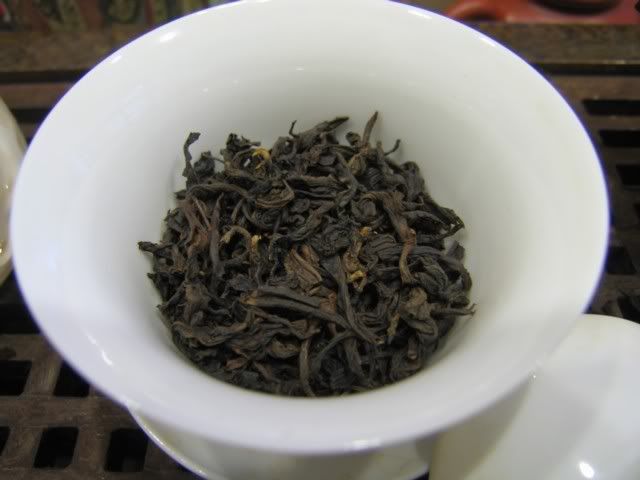
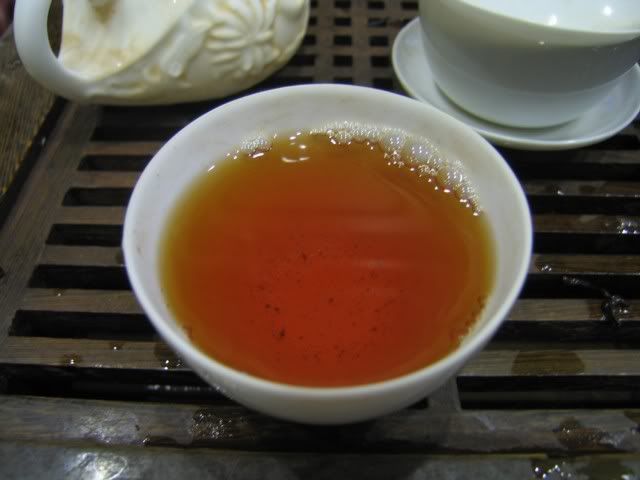
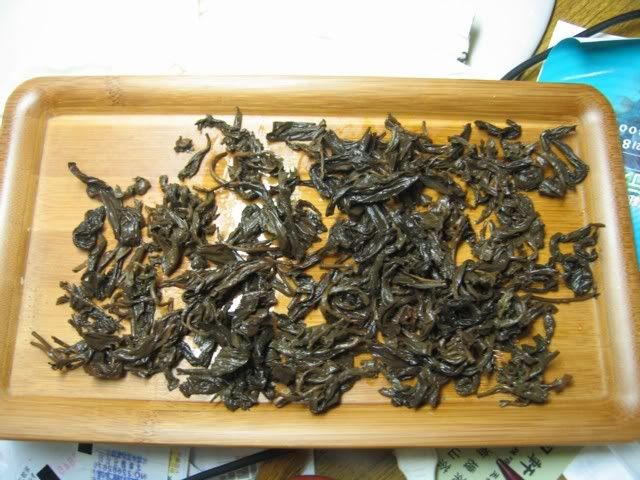
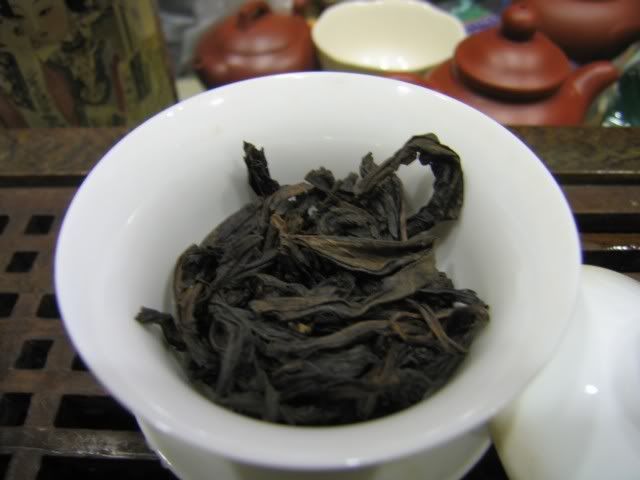


 RSS - Posts
RSS - Posts
I took you at your suggestion and have been reading some of your old post-Covid posts. I haven’t been to…